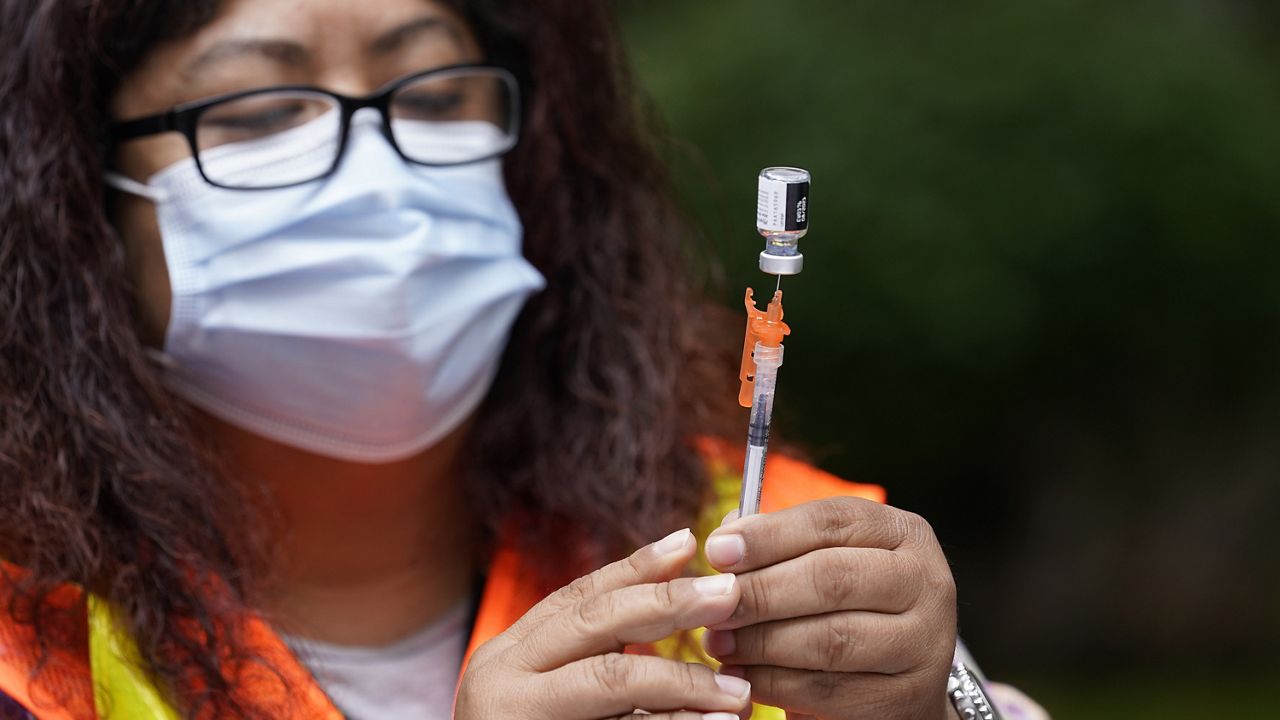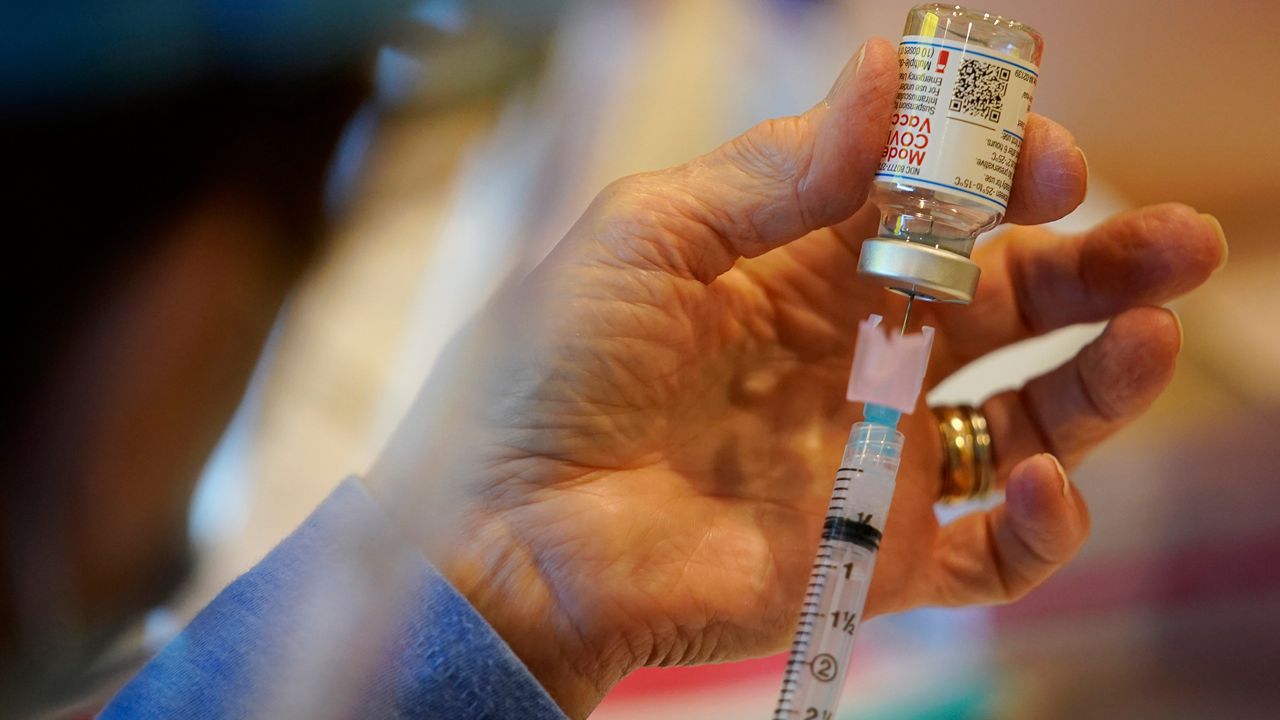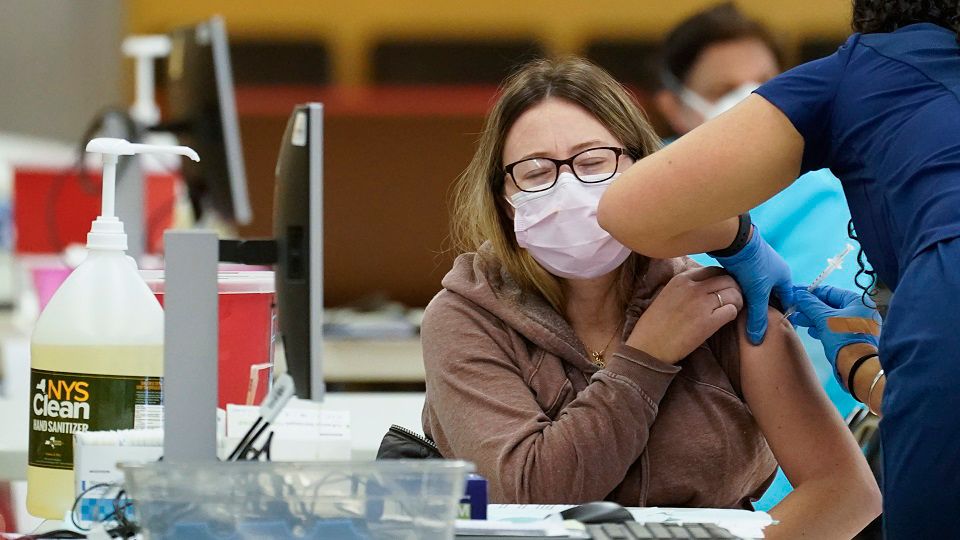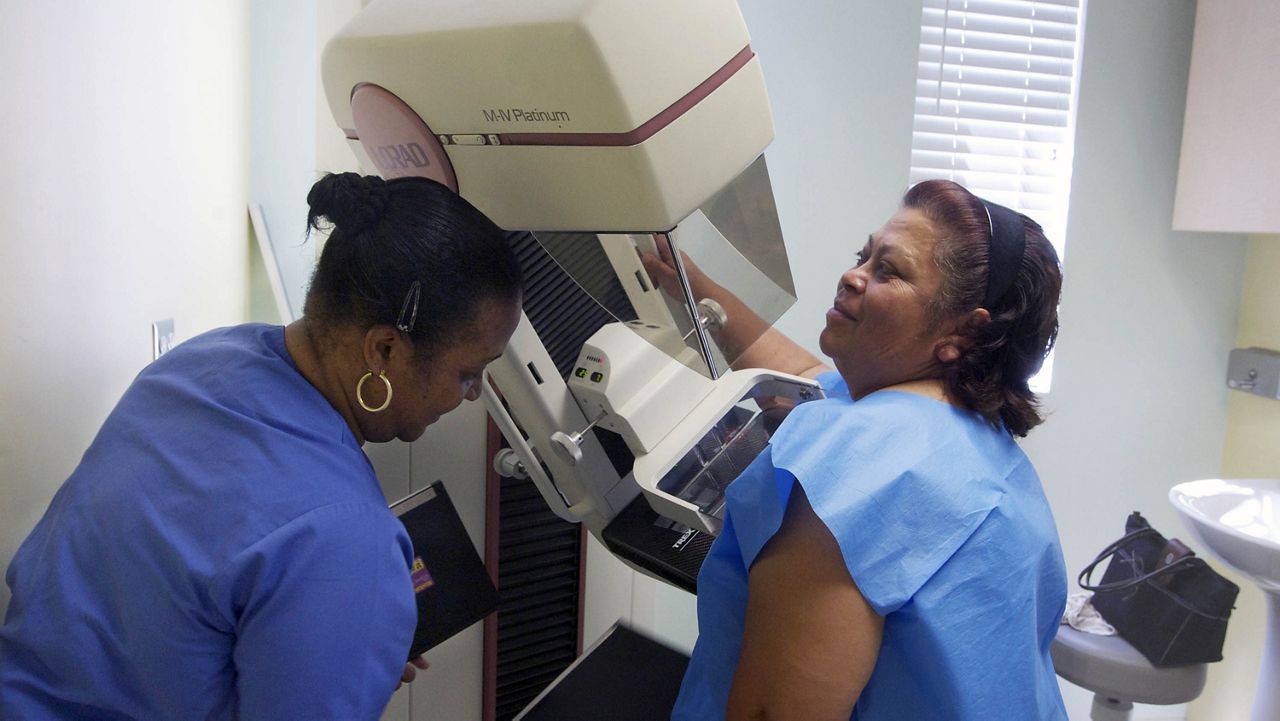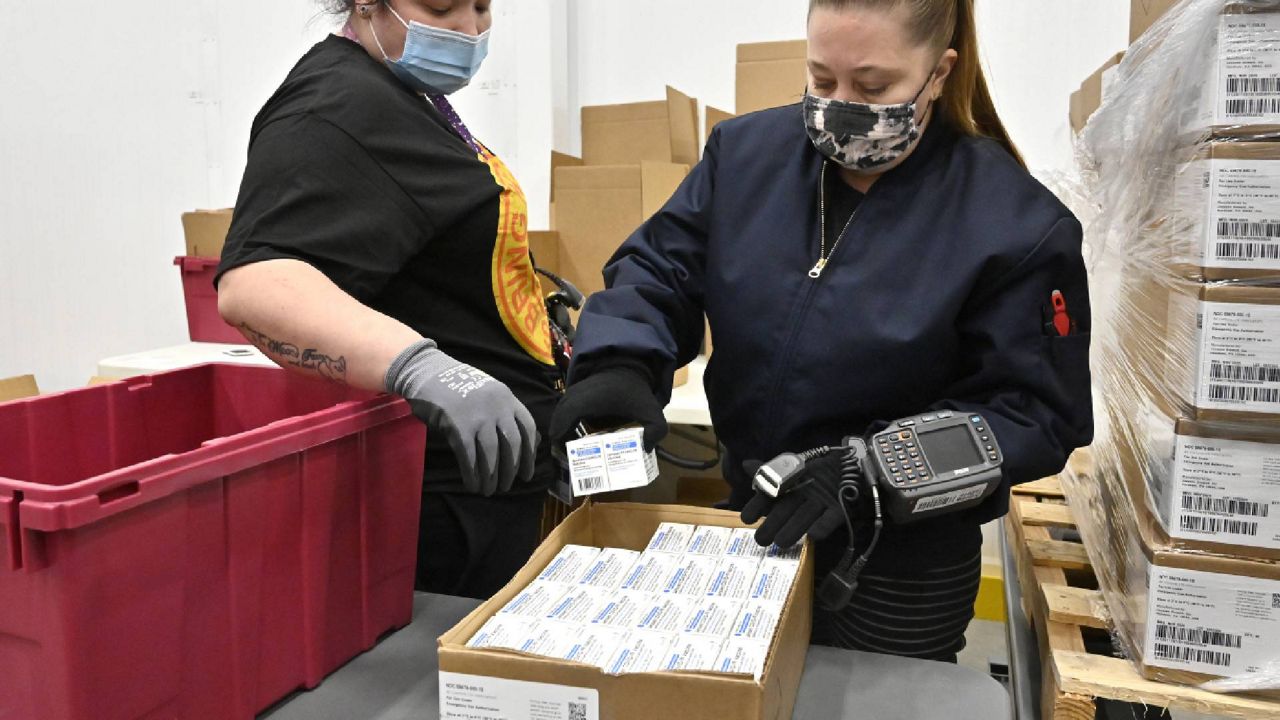The Centers for Disease Control and Prevention (CDC) is investigating reports that a small number of young people experienced myocarditis, an inflammation of the heart muscle, after receiving the second dose of one of the mRNA COVID-19 vaccines.
The CDC’s Advisory Committee on Immunization Practices (ACIP) said that there are “relatively few reports of myocarditis to date,” and that these cases occur predominantly in young adults and adolescents, more often in males than in females and that the cases developed typically within four days of receiving the vaccination.
The news was first reported by the New York Times.
The statement from the CDC noted that the cases may be entirely unrelated to the vaccines. The release was light on details, including how many cases they are investigating.
“Most cases appear to be mild,” a release from the CDC said, “and follow-up of cases is ongoing,” adding that the rates of myocarditis “have not differed from expected baseline rates.”
Members of the CDC’s Vaccine Safety Technical Work Group (VaST) felt that the information should communicated to providers, and the CDC published updated guidance urging doctors and other medical providers for awareness of these heart symptoms.
Myocarditis is a rare condition, impacting about 10-20 people out of every 100,000 annually in the general population. Some cases feature symptoms so mild that it goes undiagnosed.
Dr. Celine Gounder, an infectious disease specialist at New York’s Bellevue Hospital Center, told the Times that the reports of myocarditis “may simply be a coincidence.”
“It’s more likely for something like that to happen by chance, because so many people are getting vaccinated right now,” Dr. Gounder added.
The CDC continues to strongly recommend that Americans 12 years and older get vaccinated against COVID-19. The vaccine from Pfizer-BioNTech is currently the only vaccine authorized for use in Americans 12-15.
More than 4.8 million people between the ages of 12-18 have received at least one dose of a COVID-19 vaccine, with nearly 2 million fully vaccinated, according to data from the CDC.
“Vaccines are going to unequivocally be much more beneficial outweighing this very low, if conclusively established, risk,” Dr. Amesh Adalja, senior scholar at the Johns Hopkins Center for Health Security, told Reuters.
Israel’s Health Ministry announced last month that it is investigating a very small number of cases of myocarditis, most of them reported among people up to age 30, but the study has not yet drawn any conclusions.




